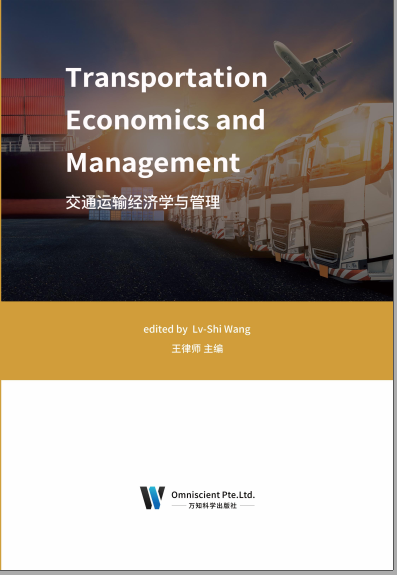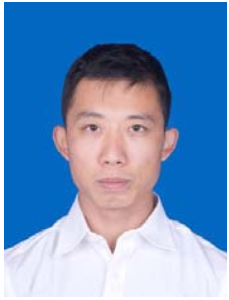
Preface
With the development of economy, the transportation industry has gradually entered the stage of comprehensive transportation system. With the rapid development of transportation economics, a relatively perfect research theory and system of transportation economics has been formed. Transportation economics is a subject that studies and discusses the laws of transportation economy based on the application of economic principles and methods in transportation leading cities, so that students can have the level of economic demonstration, prediction, analysis and evaluation and decision-making on transportation problems. Through in-depth investigation and research, this book summarizes the latest methods in the field of transportation economics on the basis of gathering the advantages of many families and combining the characteristics of transportation industry.
Since the reform and opening up, China has accelerated the construction of transportation infrastructure, and transportation industry has become one of the key supporting industries. Especially since the 1990s, China has taken a series of major measures to increase investment and promote the rapid development of transportation industry. However, there is a big gap between China’s current major transportation equipment and core technology level and the world’s advanced level. The transportation supply capacity is insufficient, the construction of comprehensive transportation system lags behind, various modes of transportation lack comprehensive coordination, and the problems of transportation energy consumption and environmental pollution are serious.
Looking forward to the 21st century, China’s transportation industry will continue to vigorously promote the construction of transportation infrastructure, rely on scientific and technological progress, strive to solve many key technical problems in transportation, including many challenges from the environment, energy, safety and other aspects, and build a sustainable new comprehensive transportation system to meet the needs of building a moderately prosperous society in an all-round way Higher requirements for transportation.
前 言
伴随着经济的发展,交通运输业已经逐步进入综合交通运输体系的阶段。交通运输经济学得到迅速发展,至今已形成了较为完善的运输经济学研究理论和体系。交通运输经济学是以经济学原理和方法在交通运输领城的应用为主要内容,研究和探讨运输经济规律的学科,从而使学生具备对交通运输问题进行经济论证、预测、分析评价和决策的水平。本书通过深入调查与研究,在集众家之所长的基础上,结合交通运输业的特点,对交通运输经济学领域的最新方式进行概述。
改革开放以来,我国加快了交通基础设施建设,交通运输业成为重点扶持的支柱产业之一,尤其是 20 世纪 90 年代以来,我国采取了一系列重大举措,增加投资力度,促进了交通运输业的快速发展。但是,我国目前的主要运输装备及核心技术水平与世界先进水平存在较大差距,运输供给能力不足,综合交通体系建设滞后,各种交通方式缺乏综合协调,交通能源消耗与环境污染问题严峻。
展望 21 世纪,我国交通运输业将在继续大力推进交通基础设施建设的基础上,依靠科技进步,着力解决好交通运输中存在的诸多关键技术问题,包括来自环境、能源、安全等方面的众多挑战,建立起一个可持续性的新型综合交通运输体系,以满足全面建设小康社会对交通运输提出的更高要求。

Lv-Shi Wang, male, the Han nationality, bachelor’s degree, intermediate title for diesel locomotive application, born in Hengshui City, Hebei Province in November 1988. He graduated from Shijiazhuang Tiedao University in major of electrical engineering and automation. He is the guide driver of Tianjin Locomotive Depot of China Railway Beijing Group Co., Ltd. He has successively served as assistant driver, driver, driver chief and guide driver, and has been rated as advanced section level work producer and five-star employee for many times. He has been engaged in the application of diesel locomotive and team management for many years, has certain research on locomotive application management, applies theoretical knowledge to practical locomotive application, and plays a better role in team management, ensuring personal and operation safety, etc.
王律师,男,汉族, 1988 年 11 月生,河北衡水人,本科学历,毕业于石家庄铁道大学电气工程及其自动化专业, 中国铁路北京局集团有限公司天津机务段指导司机,内燃机车运用中级职称。历任副司机、司机、司机长、指导司机,多次被评为段级先进工作生产者、五星职工,从事内燃机车运用及班组管理工作多年,对机车运用管理工作有一定的研究,将理论知识应用于实际机车运用工作,在班组管理、确保人身及作业安全等方面发挥了较好作用。